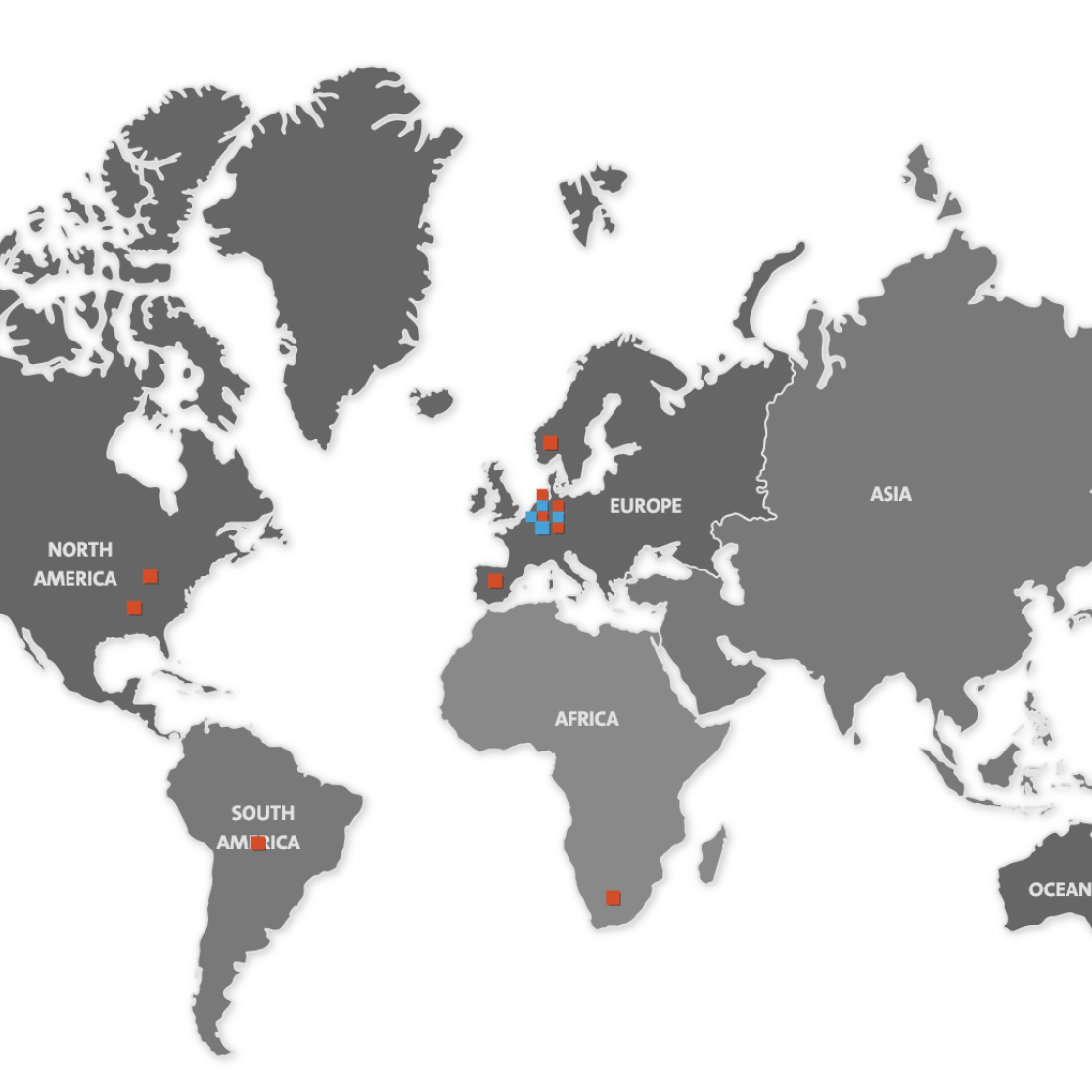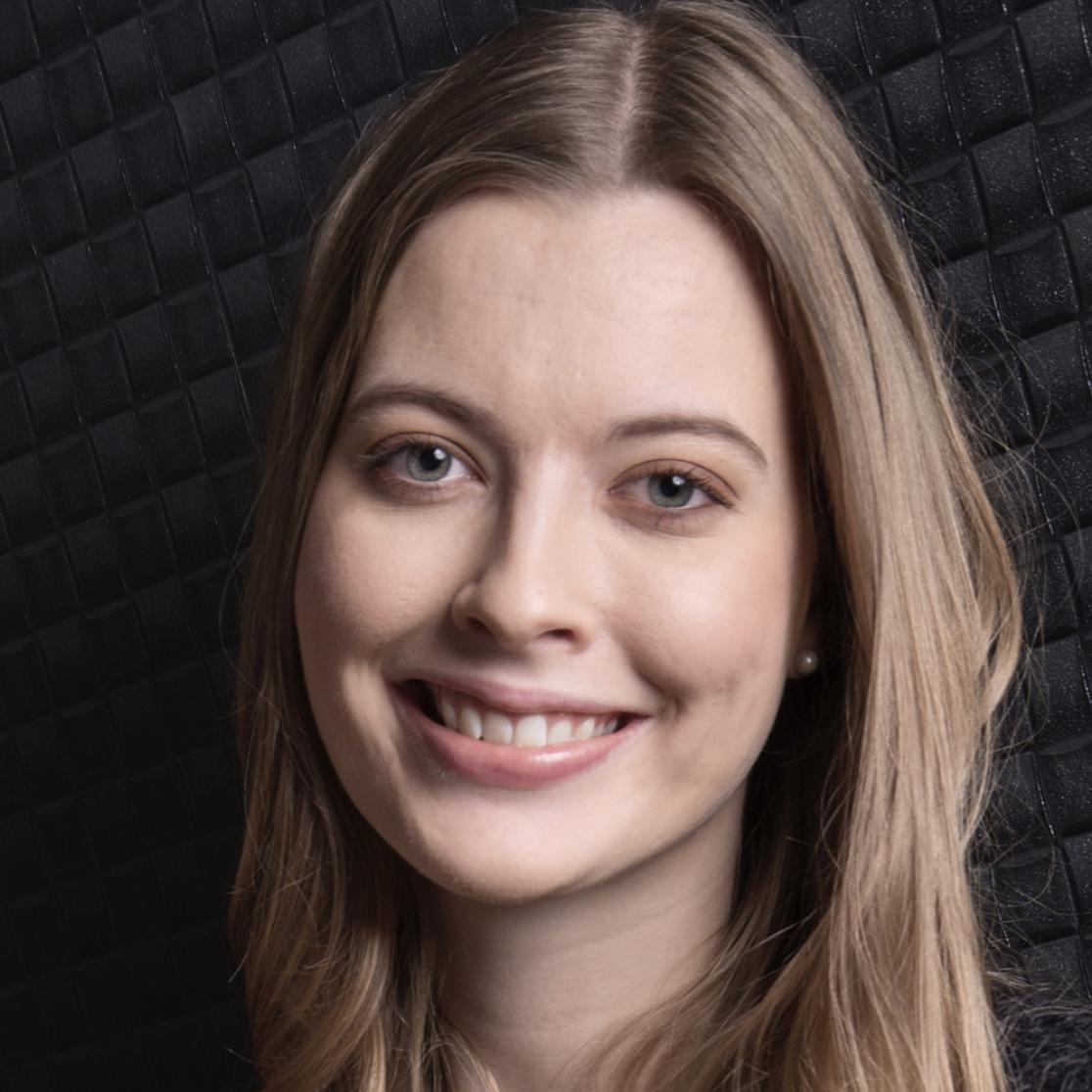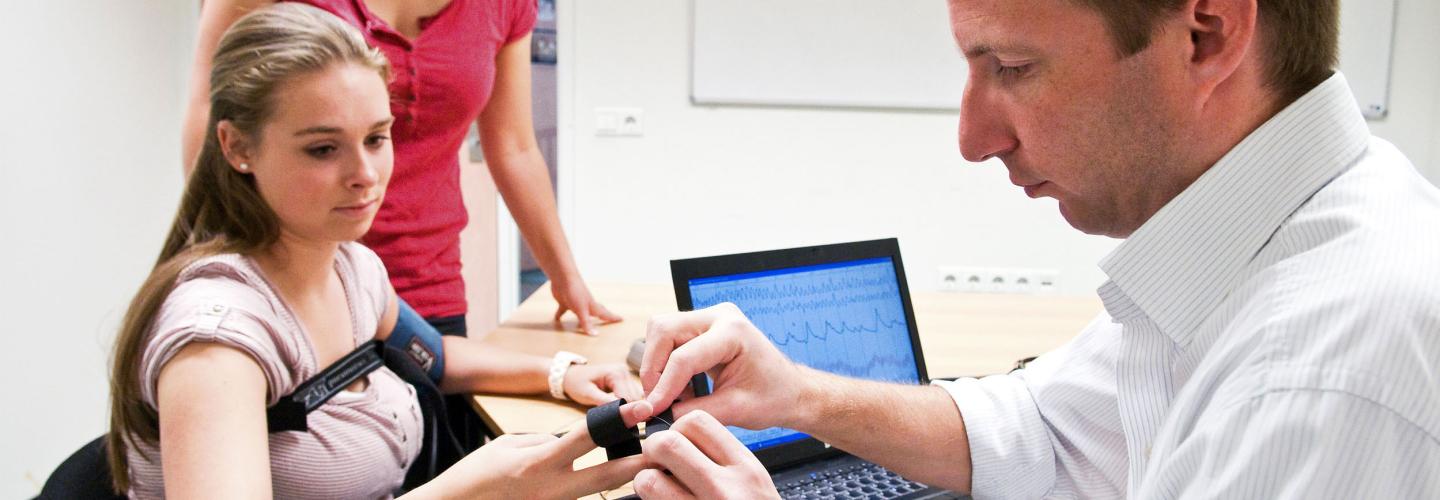Your future
The forensic mental health field is growing rapidly. As a result, there is a need for highly qualified forensic psychologists. Graduates in Forensic Psychology will be particularly qualified to work in correctional facilities (both adult and juvenile), forensic psychiatric (inpatient and outpatient) facilities, police services, probation services, and in areas such as child protection and domestic violence.
Master Forensic Psychology alumni around the world
Students start their career in Forensic Psychology at Maastricht University and then spread out all over the world.
On this digital map you can find out more about the career paths of some of our alumni

Raneesha De Silva | Sri Lanka

Daniël Janssen | The Netherlands
- Graduated: 2019
- First job after FP: Assistant forensic psychologist at the Dutch Institute for Forensic Psychiatry and Psychology (NIFP)
- Currently: Therapist at De Waag, an outpatient forensic clinic
Ever since graduation, I have always felt like the master’s program provided the ideal launching platform for a career within forensic psychology. You get acquainted with research on anything from eyewitness testimony to risk assessment, learn to take a critical look at current practices, and develop practical skills during therapy labs and internships. I particularly appreciate being able to do so alongside students from all parts of the world, exchanging stories from our native countries and developing lasting friendships all the while. These experiences have helped me to become the forensic psychologist I am today and I am very thankful for that.

Jana Otzipka | Germany
- Graduated: 2019
- First job after FP: Research assistant at Psychologische Hochschule Berlin (PHB)
- Current job: PhD candidate at Freie Universität Berlin and doctoral scholarship holder from the Studienstiftung des Deutschen Volkes, research assistant at PHB
I still think very fondly of my time in the forensic psychology master’s program. Whilst the workload was certainly challenging, I gained invaluable knowledge that I still use and benefit from to this day. I specifically enjoyed the program’s balance between providing theoretical knowledge as well as opportunities for practical application and experiences. This equipped me with the necessary skills to continue growing both in- and outside of academia. Additionally, I am still inspired by the support of both fellow students and staff offered within the program. The master’s degree has opened many doors for me and I am incredibly grateful for these opportunities.

More testimonials
Peter Cernohorsky | the Netherlands
- Graduated: 2016
- First job after FP: Therapist at the Dutch national suicide prevention centre (113 Suicide Prevention)
- Currently: still doing that part-time and part-time researcher in psychopathy at Florida State University.
"I look back on my time at UM with fond memories. Both my bachelor's programme Master in Forensic Psychology proved challenging and certainly gave me the proverbial 'run for my money'. Owing to the Problem-based Learning system, I learned the value of critical thinking and collaborative discussions. It taught me to never accept anything as fact until someone can convincingly make a case in its favor. The Master in Forensic Psychology also gave me the opportunity to work together with like-minded and ambitious students, many of which I now still regard as some of the brightest people I've ever had the pleasure of calling my peers."
Eoin Walshe | Ireland-Australia
- Graduated: 2019
- First job after FP: Senior Content Analyst - Hotline.ie
- Current job: Assistant Psychologist
Unfortunately, in Ireland there are limited opportunities when it comes to pursuing further education in forensic psychology. Yet, across mainland Europe Maastricht stood out as a perfect blend of intensive education, independent learning, and extensive connections to some of the most respected institutions, researchers, and universities across the world. Without question, I have very fond memories, particularly the friends I made, the different blends of cultures in our cohort, and the wonderful mentors and researchers I was fortunate enough to work alongside. I could not recommend the programme more to anybody hoping to begin a career in forensic psychology.
Alejandra de la Fuente Vilar | Bolivia
- Graduated: 2015
- First job after FP: Clinical Research Assistant at Medtronic
- Currently: following the Erasmus Mundus Joint Doctorate in Legal Psychology
"I still remember fondly my two years in the Forensic Psychology masters, despite all the deadlines and stressful study sessions. Following this programme gave me the amazing opportunity to conduct my clinical placement in England and my research internship in Canada. Both experiences gave me first hand, invaluable lessons about the assessment and treatment of mentally ill offenders, and showed me the important role of scientific research across legal proceedings. Most importantly, following the Forensic Psychology masters at UM shaped my decision to become a researcher in this field, and helped me secure my dream PhD position. Furthermore, the academic staff as well as my fellow graduates continue to be an inspiration to me in the pursuit of improving the criminal justice system."
Sophia Palm | Germany
- Graduated: 2018
- First and current job after FP: Junior Teaching Fellow / Educational Officer at University College Maastricht (inter alia for courses in Psychology, Neuroscience, Philosophy of Science and Research Methods)
- Currently in the application process to work within the field of Child Protection Services and trauma-informed early preventive care as well as writing evidence-based children’s books on topics such as kindness and compassion.
“The master’s programme gave me a fantastic overview of a myriad of topics related to the field of forensic psychology. I especially appreciated the 2-year long programme for having substantial time for theoretical course load in the first year, which was fuelled by lectures from diverse mental health care and legal professionals, excursions to forensic institutes, as well as practicals in which we were challenged to apply our therapeutic knowledge and skills. Personally, I was especially fascinated by courses related to therapeutic interventions (Schema Therapy) and those dealing with young offenders and early preventive efforts. Subsequently, I was particularly font of the opportunity to complete a year-long internship abroad. During my time at the Child Behavior Research Clinic in Sydney, Australia I had the chance to combine both my research and clinical interests within the field of developmental psychology.
As I learn best in the interaction with others the combination of PBL-based education at UM and applied internships abroad enabled me best to find my personal, holistic stance within the field of psychology.
Overall, my time in Maastricht (where I have lived for almost 10 years) has been a turbulent mixture of diverse experiences: here I have been faced with substantial stress and pressure while also being enabled to grow through these hurdles, to be inspired and to find my inner peace. May you also be happy within this beautiful city that I have called home for such a long time.’
Britta Schumacher | Germany
- Graduated: 2017
- First and current job after FP: Psychologist at the correctional facility in Düsseldorf, Germany
"Being a student at UM for five years was a very important time that helped me to grow in two ways - academically and personally. The bachelor's programme constituted the basis for my professional development and it made me feel well-equipped to continue with the Master in Forensic Psychology. The combination of research-based knowledge, skills courses, and clinical experience have been really helpful in getting started with my career as a forensic psychologist. Additionally, I was able to meet many knowledgeable and inspiring people who supported me along the way and encouraged me to see things from different perspectives. The most important thing I've learnt during my time at UM was to realise that there are usually several possible answers to one problem and that a healthy amount of curiosity and critical reflection can be very useful to find the best possible solution."
Rosa Pedrero Nuñez | Spain
- Graduated: 2016
- Currently: studying further to become a Prison Psychologist. Summer 2019 I will start this highly competitive selection procedure.
"I consider that the education and training obtained from the two-year master programme at Maastricht University significantly enhances my chances to be successful in the selection process mentioned. This fact can be translated into two specific and very relevant outcomes from my education at UM:
- I have already covered a considerable portion of the content during the programme, which helps me not only to present the topic in a more fluent and confident manner in the oral exam, but also to include new facts and extend the knowledge beyond the information required. My learning during the programme provides an appropriate background in which to locate the new information acquired during the past months and to stablish connections with other areas of interest. In many occasions, I turn to my notes from the Sex Offenders, Personality Disorders or Deception and Malingering courses (among others) in order to clarify and complete information for my summaries. Also, my performance during the practical case nature of the last exam is benefitted by the extensive training we received in this type of exercise during the master.
- Apart from all the highly valuable knowledge, the master has also taught me to work within a very structured routine and with specific goals. This facilitates my learning process and makes me focus on the day to day work."
Madeleine Dalsklev | Norway
- Graduated: 2016
- Currently: obtaining my Doctorate in clinical psychology at Queens University Belfast with a specialist placement in forensic psychology
"I look back at my years in the Master in Forensic Psychology at Maastricht University with so much fondness, and truly believe it is one of the best experiences I have had, both in terms of what I learned, the experiences I accrued and the friendships I formed while I was there. The Master in Forensic Psychology was challenging and I had to work hard, but it was very invigorating as I thrived in the stimulating environment with classmates and staff that always kept discussions about forensic psychological issues going. We were taught by some of the best forensic psychologists in the field, who challenged our thinking and also supported us to reach our potentials. I really learned the value of critical thinking and the importance of continuing to update our knowledge of the field. The Master in Forensic Psychology at UM is exactly how I think an excellent course should be. I am certain that this Master made it possible for me to get accepted into the doctoral program in clinical psychology at Queens University Belfast, and the experiences I gained through this course made it possible for me to specialise my placement and dissertation in forensic psychology."
Master Career Track
Join the Master Career Track
Your future after university isn’t set in stone. While your studies equip you with valuable knowledge and skills, your career path will also be shaped by your interests, talents, ambitions and ideals. Knowing how to align these with the opportunities out there is key – but where do you start?
The Master Career Track (MCT) is a programme for master’s students designed to inspire and empower you to confidently kickstart your career after graduation. By the end of the programme, you will have the insights, skills, and tools you need to pursue a career that truly fits you.
The Master Career Track includes three interactive lectures:
- Get to know yourself – Identify your strengths, values, and passions
- Explore the labour market – Discover job opportunities and people in your field of interest
- Enter the labour market – Learn how to successfully apply for a job
The Master Career Track is delivered by experienced career coaches from UM Career Services. If needed, they are available to offer you personalised guidance and support up until six months after graduation.
Do you want more info about the Master Career Track? Check out the Master Career Track page.
